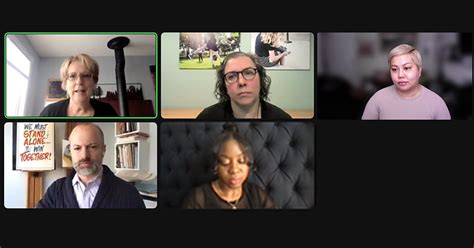As a parent, there is nothing more precious than the bond you share with your child. You would do anything to protect them and give them the best possible life. But what if you discovered that your child was not actually your own? What if they had been adopted or conceived through donor sperm or eggs?

This is the reality for millions of families around the world. And while it is a beautiful thing to be able to give a child a loving home, it is also important to remember that they are not your property. They are individuals with their own rights and needs.
The Importance of Openness and Honesty
One of the most important things that you can do as a parent is to be open and honest with your child about their adoption or donor conception. This will help them to feel more secure and loved, and it will also give them the opportunity to ask questions and learn about their own history.
Research has shown that children who are raised in open and honest families are more likely to have positive self-esteem and healthy relationships. They are also less likely to experience feelings of rejection or abandonment.
The Challenges of Adoption and Donor Conception
While adoption and donor conception can be wonderful experiences, they can also come with challenges. For example, some adoptive parents may struggle with feelings of infertility or grief. And some children who are adopted or conceived through donor sperm or eggs may experience feelings of identity confusion or loss.
It is important to be aware of these challenges and to seek help if you are struggling. There are many resources available to support adoptive parents and children, including support groups, therapists, and counselors.
Supporting Children with Adoptive or Donor-Conceived Histories
If you are the parent of a child who is adopted or conceived through donor sperm or eggs, there are a few things you can do to support them:
- Be open and honest about their history. This will help them to feel more secure and loved, and it will also give them the opportunity to ask questions and learn about their own history.
- Respect their privacy. Children have a right to their own privacy, and this includes the right to keep their adoption or donor conception history private.
- Encourage them to talk about their feelings. It is important for children to be able to talk about their feelings about their adoption or donor conception. This will help them to process their emotions and develop a healthy sense of self.
- Seek professional help if needed. If you are struggling to support your child, do not hesitate to seek professional help. There are many resources available to support adoptive parents and children, including support groups, therapists, and counselors.
Conclusion
Parenthood is a journey, and it is not always easy. But if you are the parent of a child who is adopted or conceived through donor sperm or eggs, know that you are not alone. There are millions of families like yours, and there is no shortage of resources available to support you. With open and honest communication, respect, and love, you can help your child to thrive and reach their full potential.
